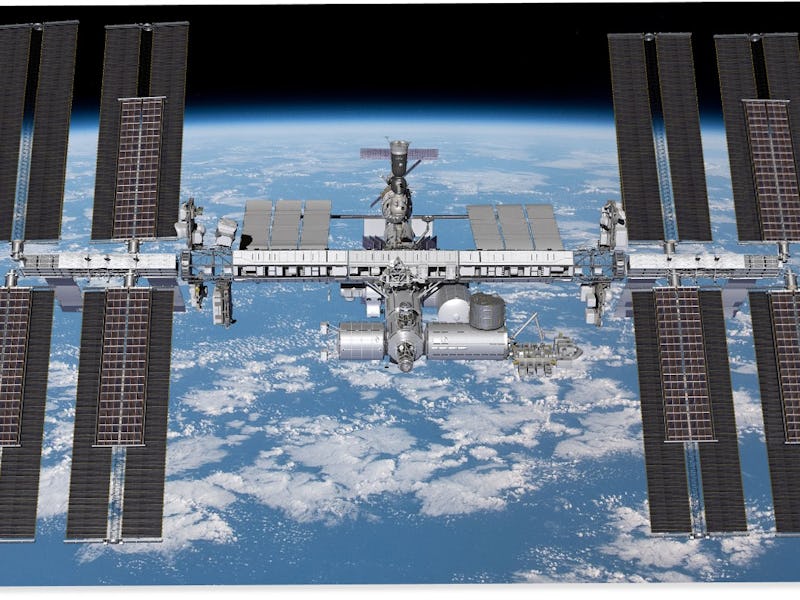NASA, ESA may cut ties with Russia's space program — here's what that means for future missions
As Russia wages war on Earth, its space program will suffer.

Russia’s space program Roscosmos will suffer the consequences of its ongoing war on Ukraine as the U.S. and European countries plan on icing it out.
On Monday, the European Space Agency (ESA) released a statement condemning the war and declaring that it will implement sanctions imposed on Russia by the agency’s member states.
The statement comes shortly after U.S. President Joe Biden also declared that the international sanctions against Russia would affect its space program.
“We estimate that we will cut off more than half of Russia’s high-tech imports, and it will strike a blow to their ability to continue to modernize their military,” Biden said during an announcement on Thursday. “It will degrade their aerospace industry, including their space program.”
Both the U.S. and Russia have had an ongoing partnership with the International Space Station (ISS) that’s lasted for three decades. NASA and Russia’s national space agency Roscosmos have launched astronauts aboard Russia’s Soyuz rocket to the ISS, and the two space agencies have also previously collaborated on Russia’s former Mir space station.
There are currently seven people living onboard the ISS, including four NASA astronauts and two Russian cosmonauts.
Both NASA and Roscosmos have agreed to keep the ISS operational, but that’s not without growing tension between both sides.
Dmitry Rogozin, the head of Russian space agency Roscosmos, took to Twitter to express his support of Russia’s war in Ukraine by declaring, “Glory to Russia.”
A few days later, Rogozin tweeted again, “We really value our professional relationship with NASA, but as а Russian and citizen of Russia, I am completely unhappy with the sometimes openly hostile U.S. policy towards my country.”
Meanwhile, ESA’s statement showed support with NASA, declaring that the agency was “assessing the consequences on each of our ongoing programs conducted in cooperation with the Russian state space agency Roscosmos and align our decisions to the decisions of our Member States in close coordination with industrial and international partners (in particular with NASA on the International Space Station).”
Although U.S. and Russian cooperation has kept the ISS afloat, the two countries are still on opposing ends of an ongoing quest to bring humans back to the Moon. In a recreation of the Apollo-era space race, NASA is currently working to send humans to the Moon by 2024 (a largely tentative date), while China is working on its plans to land humans on the Moon with the help of Russia.
NASA is also looking to rely more on private space companies such as SpaceX for launching astronauts to board the ISS. SpaceX successfully launched two NASA astronauts to the station in its Crew Dragon capsule in 2020.
This gives NASA a little more room to cut ties with its Russian counterpart.
Unfortunately, the ongoing tension might delay ESA’s ExoMars mission, originally targeted for a 2022 launch window in collaboration with Russia’s Roscosmos.
“ESA’s Director General will analyze all the options and prepare a formal decision on the way forward by ESA Member States,” the statement read.
This article was originally published on